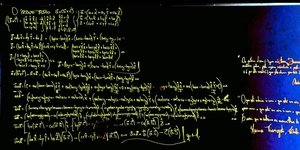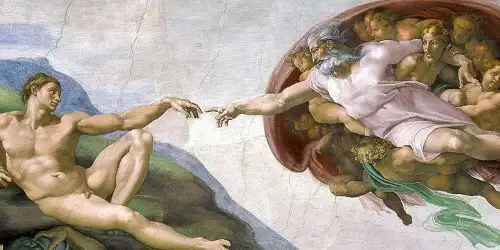Bertrand Russell (***)
Kurt Gödel (***)
David Hilbert (***)
Resolva exercícios e atividades acadêmicas
A.N. Whitehead (**)
Georg Cantor (1845-1918) (**)
Henri Poincaré (**)
Encontre o professor particular perfeito
Turing (**)
René Descartes (*)
Sir Isaac Newton (1642-1727) (*)
George Boole (1815-1864) (*)
Pythagoras (*)
Galileo (*)
Georg Friedrich Bernhard Riemann (1826-1866) (*)
Giuseppe Peano (*)
Charles Sanders Peirce
W.V.O. Quine
Bernard Bolzano
George Boolos
Alonzo Church
Solomon Feferman
Gottlob Frege
Pierre-Simon Laplace
Jan Łukasiewicz
Blaise Pascal
Hilary Putnam
Frank P. Ramsey
Raymond Smullyan
Alfred Tarski
Wittgenstein
Hintikka
Brouwer
Yehoshua Bar-Hillel
George Berkeley (1685-1753)
Sir William Rowan Hamilton (1805-1865)
Plato
Plato's most conspicious contribution to the Philosophy of Mathematics concerns the ontological status of mathematical entities. As a result of Plato's doctrine of forms, "Platonism" is the term now used to describe extreme realism in respect of mathematical entities.
Aristotle
Possibly Aristotle's most significant contribution to this area is his work on logic. Aristotle's logic was regarded as definitive for over two thousand years until Frege developed his Begriffsscrift, published in 1879. Aristotle was not a thoroughgoing mathematical Platonist. He apparently viewed mathematical truths as hypothetical necessary truths, a position effectively adopted in this century by Russell. Aristotle may have been the first philosopher to draw the distinction between actual and potential infinity.
Kant
Kant introduced the distinction between Analytic and Synthetic propositions and argued that mathematical truths are a priori, but synthetic. His views on the status of mathematics were therefore opposed to those of Leibniz and the Logicists.
Brouwer
Brouwer was the principal figure in the development of Intuitionism, a movement which set its face against the predicate logic developed by Frege and used by mathematics, in an attempt to establish mathematics on a sounder basis founded on "constructivist" principles.
Frege
Frege, the father of modern logic, invented (in essence, notational detail apart) the modern predicate calculus. He enunciated the doctrine of Logicism, that mathematics is logic, and (barring some minor details like consistency) showed how this could be worked out in detail.
Hilbert
Hilbert was a distinguished mathematician who proposed a program of work for securing the foundations of mathematics which had a major influence on the development of Mathematical Logic during the first part of this century. Hilbert proposed that by metatheoretic studies of logical systems the consistency of modern mathematics should be established by means which are logically uncontroversial. This program became known as Formalism.
Russell
Inspired, at least in part, by Leibniz, Russell's major contribution to the philosophy of mathematics is in his endeavours to establish the Logicist thesis articulated in The Principles of Mathematics, his Theory of Types which he used in collaboration with A.N.Whitehead to demonstrate the logicist thesis in Principia Mathematica.
Wittgenstein
Wittgenstein began his study of philosophy under Bertrand Russell at Cambridge, and his first published work, also his doctoral dissertation, was at least partly logical in its subject matter. When Wittgenstein later returned to philosophy he repudiated this work. He later wrote many notes on the foundations of mathematics which were published posthumously. These defy concise summarisation. They include discussions on what it is to follow a rule, the nature of mathematical propositions and proofs, and also some discussions bearing upon Gödel's incompleteness results.
Lakatos
The contribution of Lakatos to the philosophy of mathematics is remarkable in the extent to which it draws upon observations of mathematical practice. His central theme appears to be a critique of the presentation of mathematics as a deductive endeavour resulting in a monotonic accretion of indisputable and immutable mathematical truths. In truth Lakatos claims, the methods employed are heuristic (not deductive), eternal verities prove elusive. Lakatos effectively places mathematics alongside the physical sciences where any theory can be at best an approximation to the truth. [Lakatos]
Leibniz
Leibniz is probably due credit for first having argued that mathematics is essentially logic. The impact of this position is somewhat diluted by his holding that all truths are necessary. In fact, the logic of his day, essentially that of Aristotle, was not adequate as a basis for mathematics. It was not until the work of Frege, Russell and Whitehead (Logicism) that this aspiration could be realised (in relation to mathematics).
Texts extracted from:



